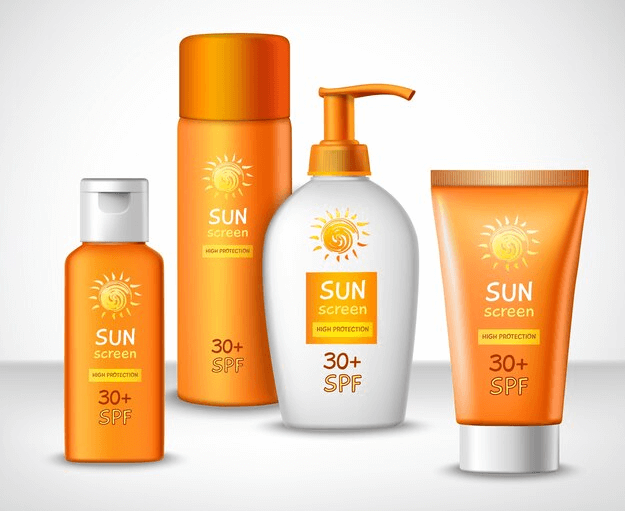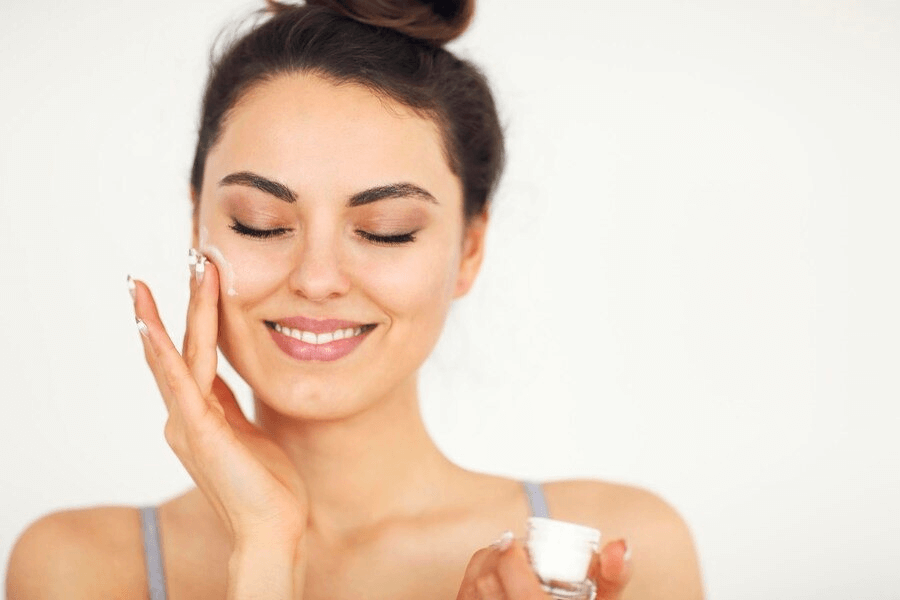
Skin Cleansers: Unveiling the Secrets to Radiant Skin
What Is the Purpose of a Cleanser?
Cleansers play a vital role in our daily skincare routine. They whisk away the accumulated dirt, oils, makeup, sunscreen residue, and dead skin cells. Cleansers not only unclog pores but also promote exfoliation of the top skin cells.
The Introduction to Facial Cleansers
A facial cleanser is your skin’s best friend. It diligently removes makeup, dead skin cells, oil, dirt, and various pollutants. By keeping your pores clear, it helps prevent skin conditions like acne. With countless options available, finding the perfect cleanser can be a challenge.
Key Features of Cleansers
Most cleansers contain surfactants—chemical or natural compounds that reduce surface tension between liquids, gases, or solids. These surfactants absorb makeup, dirt, and oil, ensuring they’re washed away effectively.
Ingredients Matter: Tailoring Your Cleanser
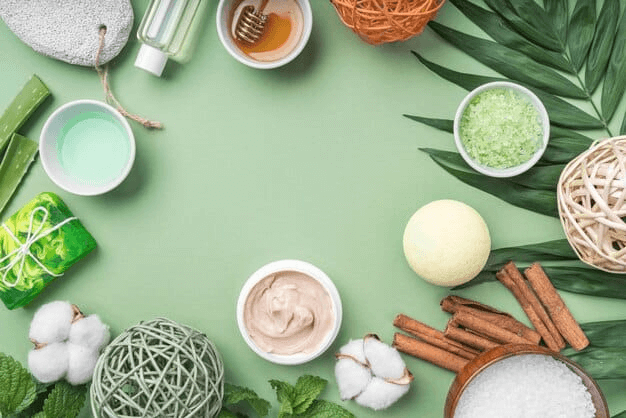
Not all cleansers are created equal. To find the right one for your skin’s unique needs, consider these ingredients:
- Hyaluronic Acid: Hydrates and plumps the skin.
- Salicylic Acid: Ideal for acne-prone skin, it fights breakouts.
- Chamomile: Gentle and soothing for sensitive skin.
Understanding the Purpose of Facial Cleansers
Before we delve into the world of ingredients, let’s demystify the role of facial cleansers. These unsung heroes are designed to:
- Remove Dirt and Impurities: Say goodbye to makeup residue, dirt, and pollutants.
- Balance pH Levels: A well-formulated cleanser ensures your skin’s pH remains harmonious.
- Prep for Skincare: It’s the opening act for your daily skincare routine.
- Preserve Natural Oils: A good cleanser won’t strip away your skin’s precious oils, preventing dryness and irritation.
Ingredients: The Heart of Effective Cleansers
Ingredients matter—a lot! Tailor your choice based on your skin’s unique needs:
- Retinol: The anti-aging superstar derived from vitamin A. It stimulates collagen production, minimizing fine lines and dark spots. Remember to patch-test before going all-in!
- Salicylic Acid: The acne warrior. It exfoliates, unclogs pores, and soothes inflammation. Perfect for those pesky breakouts.
Ceramides: Skin’s Natural Allies

Ceramides, those unsung heroes, are naturally occurring lipids in our skin. They play a crucial role in hydration and protection. When our skin’s ceramide levels dip, dryness and irritation can sneak in. Fear not! Ceramide-infused skincare products, including facial cleansers, step in to save the day. By bolstering the skin barrier, they lock in precious moisture, leaving your skin feeling nourished and resilient.
Vitamin C: The Radiance Booster

Vitamin C, the superstar antioxidant, knows how to brighten up even the dullest complexion. Its magic lies in inhibiting melanin production, which can cause dark spots and uneven skin tone. Plus, it’s like a shield against environmental stressors—think pollution and UV rays. Vitamin C-infused cleansers? Yes, please!
Glycerin: The Hydration Dynamo
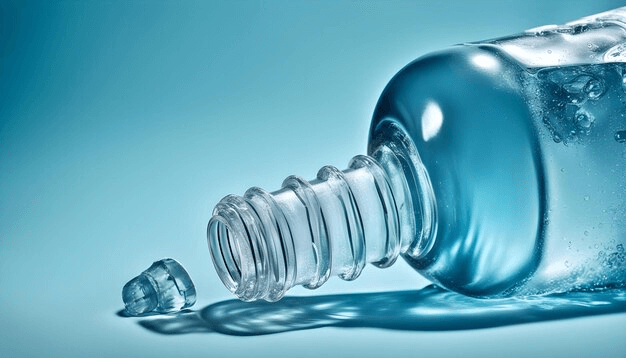
Glycerin, the humble humectant, draws moisture into your skin like a magnet. You’ll find it not only in moisturizers but also in facial cleansers. Hydration? Check. Gentle cleansing? Double check. Glycerin does it all.
Exfoliates: The Skin Renewal Duo
Exfoliation—your skin’s BFF. It sheds dead skin cells and jumpstarts cell turnover. Two types to know:
- Chemical Exfoliates (AHAs and BHAs): These dissolve dead skin cells, revealing a fresh canvas.
- Physical Exfoliants (Scrubs and Brushes): They physically slough off the old, making way for the new.
The Power and Importance of Cleansing

Cleansing is the foundational step in any skincare routine, offering numerous benefits. Without proper cleansing, dirt and pollutants can build up on your skin’s surface, potentially leading to breakouts, dehydration, and premature aging.
How Do Cleansers Work?
Cleansers contain surfactants—either chemical or natural compounds—that absorb makeup, dirt, oil, or other impurities, which are then rinsed away. Unlike soap, facial cleansers are specifically formulated for the delicate skin on your face and contain milder ingredients. Soap, on the other hand, often includes harsher chemicals that can dry out your skin and cause other issues.
Skin Cleansing: Why Washing Your Face is Important

Regular cleansing is crucial for maintaining a radiant and healthy complexion. It helps anti-aging products and treatments work more effectively, maintains proper pore size, encourages skin hydration, and prevents the production of excess oils.
Face Wash vs Facial Cleanser
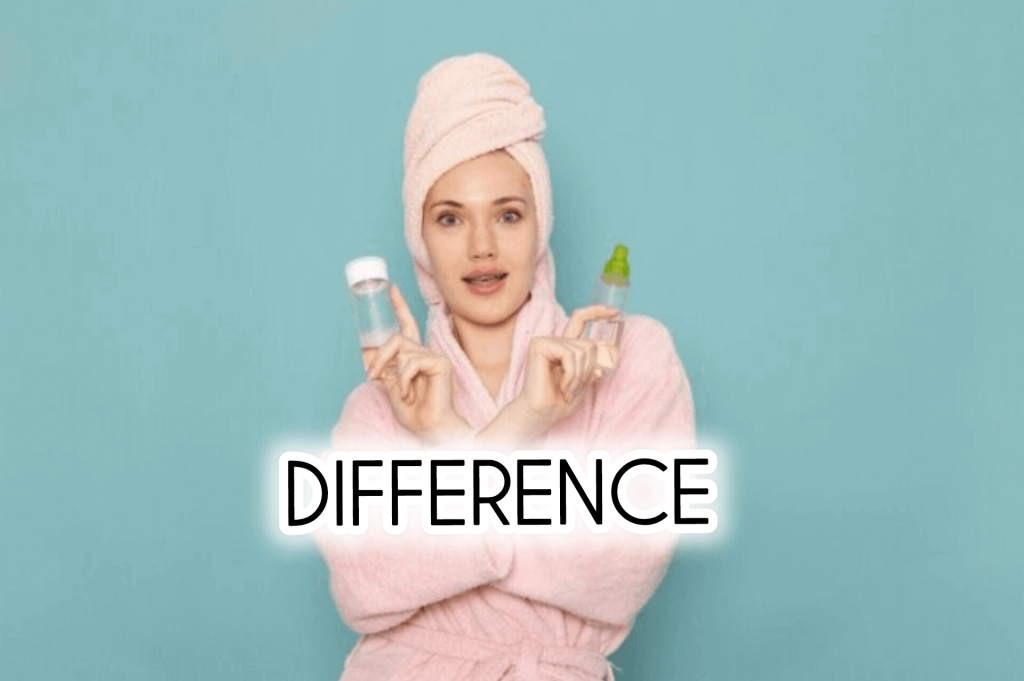
While similar, facial cleansers and face washes have key differences. Cleansers are generally more gentle and suitable for daily use across all skin types. They do not contain sodium lauryl sulfate, a common ingredient in soaps that can irritate the skin. Face washes, however, often contain stronger ingredients that are more effective for oily or congested skin.
Types of Cleansers
When searching for a cleanser, you’ll find a variety of options. Which one is right for you? Here’s a breakdown of the three most common types:
Foam Cleansers
Foam cleansers create a rich, foamy lather and often start as an oil or cream before transforming into foam. This type is excellent for removing excess oil and is best suited for normal and combination skin types. However, if you have dry skin, it’s best to avoid foam cleansers.
Gel Cleansers
As the name suggests, gel cleansers have a gel-like texture and are designed for deep cleansing to clear out pores. They are ideal for oily, congested, or acne-prone skin.
Cream Cleansers
For a gentle, hydrating option, cream cleansers are the way to go. They are suitable for all skin types, especially dry or sensitive skin, and have a luxurious, creamy texture.
Choosing the Right Facial Cleanser
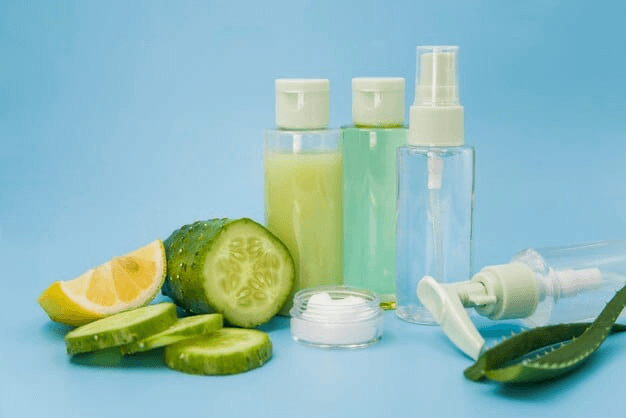
When selecting a facial cleanser, consider your skin type. Different skin types require different formulas, and those who wear makeup regularly will need a different type of cleanser than those who don’t.
Normal Skin
A foaming cleanser is a great choice for normal skin, especially if you wear a lot of makeup or need a deep clean at night. In the morning, a cream cleanser can provide more moisture.
Combination Skin
Look for cleansers that balance hydration and control oil. You might use a foam cleanser when your skin is oilier and a cream cleanser when it’s drier. It’s perfectly fine to switch things up.
Acne-Prone/Oily Skin
Foaming and gel cleansers offer a deep clean, removing excess oil that can cause acne. A salicylic acid cleanser is also beneficial for acne-prone or oily skin.
Dry/Sensitive Skin
Choose a cream cleanser for extra nourishment if you have sensitive or dry skin. Ingredients like hyaluronic acid can provide additional hydration. Micellar water is another gentle alternative that works well for sensitive skin. Here’s the revised version of the content to avoid plagiarism and ensure a consistent tone:
Tips for Using Cleanser
Washing your face is a simple yet crucial step in your skincare routine. Here are some tips to keep in mind:
- Wash your face twice a day: Once in the morning and once at night.
- Use lukewarm water: Hot water can strip your skin of its natural oils.
- Avoid scrubbing: This can irritate your skin.
- Rinse thoroughly: Ensure all traces of cleanser are removed.
- Moisturize after cleansing: This helps keep your skin hydrated.
Cleansing your skin is essential for maintaining a healthy, radiant complexion. To achieve the best results, choose a formula that suits your skin type and follow these tips.
The Importance of a Good Cleanser in Skincare

As the name suggests, a cleanser is designed to clean the skin. A good cleanser removes dirt, pollutants, dead skin cells, and excess sebum from the skin’s surface, preventing them from penetrating deep into the pores. Some cleansers can also remove makeup.
The Power of a Good Facial Cleanser
Facial cleansers are generally designed for deep cleansing. They effectively decongest clogged pores, remove excess oil, and kill acne-causing bacteria due to their antiseptic and exfoliating properties. Cream cleansers are typically thick and creamy, containing moisturizing ingredients like botanical oils.
What Makes a Good Cleanser?
For normal skin, the best ingredients in cleansers include retinol, salicylic acid, vitamin C, and chemical exfoliants. These ingredients promote skin cell turnover, increase hydration, and soften the skin, keeping it healthy.
What is a Facial Cleanser and What Are the Benefits Of Using Such a Skin Care Product?
A facial cleanser is a skin care product that is designed to remove dead skin cells, oil, dirt, makeup, and other pollutants from the skin, helping to keep your pores clear and prevent skin conditions such as acne.
However, finding the best type of cleanser for you can be hard, because there are so many options! Understanding the differences between the skin care products will help you choose the best one for your skin.
3 Types of Facial Cleansers

Gel Cleansers: This is a facial cleanser with a gel-like consistency. Many of these have deep-cleaning and exfoliating properties, making them ideal for oily, acne-prone skin.
Cream Cleansers: Cream cleansers are usually thicker and they can be very moisturizing. They will cleanse your skin without stripping it of any of its natural oils, making it perfect for people with dry or sensitive skin.
Foam cleansers: These lightweight skin care products create a foamy lather when dispensed from a pump package. They remove excess oil as effectively as gel cleansers and are great for combination skin.
How Do Facial Cleansers Work?
Facial cleansers contain detergents called ‘surfactants’ which work to remove unwanted substances and particles from the outermost layer of skin. These surfactants, which vary in strength and effectiveness depending on your skin care product, work by attracting oil, makeup, dirt, and debris, so that they can be rinsed away more easily.
Advanced Facial Cleansers: Elevate Your Skincare Routine

Facial cleansers play a crucial role in maintaining healthy, radiant skin. While regular cleansers effectively remove impurities, advanced formulations go beyond the basics. Let’s explore some key types and benefits:
- Acne Cleansers: Designed for acne-prone skin, these gentle formulas avoid harsh ingredients. Some contain benzoyl peroxide or salicylic acid to enhance skin appearance.
- Exfoliating Cleansers: These contain tiny particles to slough off dead skin cells. Use them 1-2 times a week to reveal fresh, glowing skin. Remember not to overuse them to prevent dryness.
Benefits of Regular Facial Cleansing:

- Healthier Skin: Clear away buildup for smoother, healthier skin.
- Hydration: Keep your skin soft, supple, and youthful.
- Glowing Complexion: Remove dry, dead cells to reveal a natural radiance.
- Blood Circulation: Stimulate blood flow for a healthy, glowing complexion.
- Anti-Aging: Combat signs of aging by maintaining clean, well-prepped skin.
- Enhanced Product Absorption: Proper cleansing allows other skincare products to penetrate effectively.
Certainly! Let’s delve into the world of facial cleansers and explore the different types, along with their benefits and ideal usage. 🌟
- Gel Cleansers:
- Water-based with a slippery, jelly-like texture.
- Deeply cleanses without stripping natural oils.
- Ideal for oily or acne-prone skin.
- Use after an oil-based cleanser for a thorough double cleanse.
- Cream Cleansers:
- Creamy consistency with moisturizing properties.
- Suitable for dry or sensitive skin.
- Provides hydration while cleansing.
- Oil Cleansers:
- Formulated entirely with oils (liquid or solid balm).
- Dissolves dirt, makeup, and oil.
- Great for dry or combination skin.
- Follow with a second cleanse if concerned about residue.
- Foam Cleansers:
- Light and airy texture.
- Modern versions are gentle and mild.
- Ideal for oily and acne-prone skin.
- Thoroughly cleans pores and removes excess sebum.
- Clay Cleansers:
- Contain different types of clay to draw out excess oil and impurities.
- Useful for balancing oily skin.
- Consider using 1-2 times a week.
- Powder Cleansers:
- Powdery when dry, creamy

Last but not the Least: Regularly using an appropriate facial cleanser is essential for maintaining healthy skin. Whether you choose a gel, cream, oil, foam, clay, or powder cleanser, consistency is key. Remember to cleanse in the morning and at night, and after sweating, to keep your skin fresh, balanced, and free from impurities. Your skin will thank you for the extra care!


